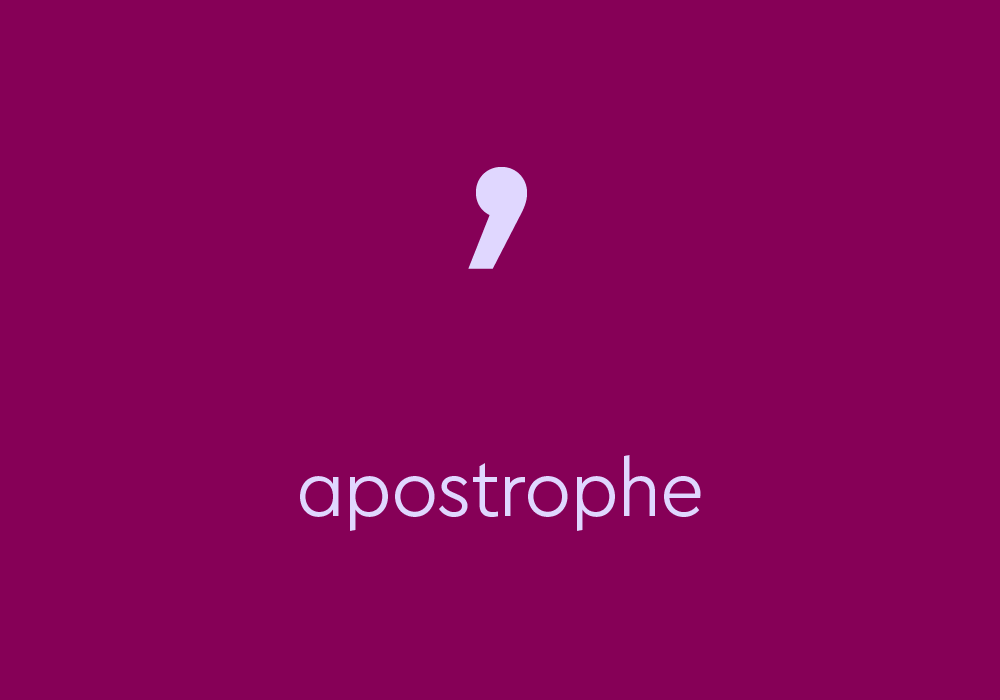The purpose of a conclusion is to wrap-up the essay’s argument. In your conclusion you must do two things:
- Clearly restate your thesis and answer to the essay question.
- Summarise the arguments you’ve made throughout your essay, especially the main ideas in each paragraph. Remind the reader about the connection between these ideas and the thesis or essay question.
In addition, avoid these common pitfalls:
- Do not introduce any new information, ideas or research.
- Avoid copying the wording of your introduction directly. You want your essay to sound fluent and sophisticated, not repetitive.
In this article, we provide our conclusion ‘dos and don’ts’, so you can ensure your essay presents a cohesive response to the question.
Conclusion Dos
The conclusion is the last paragraph of your essay. The purpose of a conclusion is to conclude the essay. ‘Conclude’ means ‘to bring to an end; finish; terminate’ and ‘to arrive at an opinion or judgement; come to a decision; decide’ (Macquarie Dictionary 2018).
Your conclusion is your last chance to impress your marker. For this reason, your conclusion should be a logical endpoint for your essay.
It’s important that you restate your thesis and emphasise that your thesis answers the essay question.
Summarise your arguments (you should have one main argument or idea per body paragraph) and clearly explain how these ideas contribute to answering the essay question.
Conclusion Don’ts
Some websites might incorrectly counsel you to do something creative to captivate your marker’s attention. This is not appropriate in an academic essay. Do not end your essay with a personal anecdote, unless your lecturer’s guidelines specifically permit this. Maintain a formal register until the very end.
Further, avoid posing a rhetorical question, unless you can make a very good case for doing so. The purpose of an essay is to present a cohesive argument, not pose questions for your marker to answer. (It’s a good idea to avoid rhetorical questions throughout your essay!)
Undergraduates particularly benefit from engaging the services of an academic editor. An academic editor can provide you targeted feedback about your language, referencing and formatting. Contact us for more information on how we can help you polish and perfect your essays.





